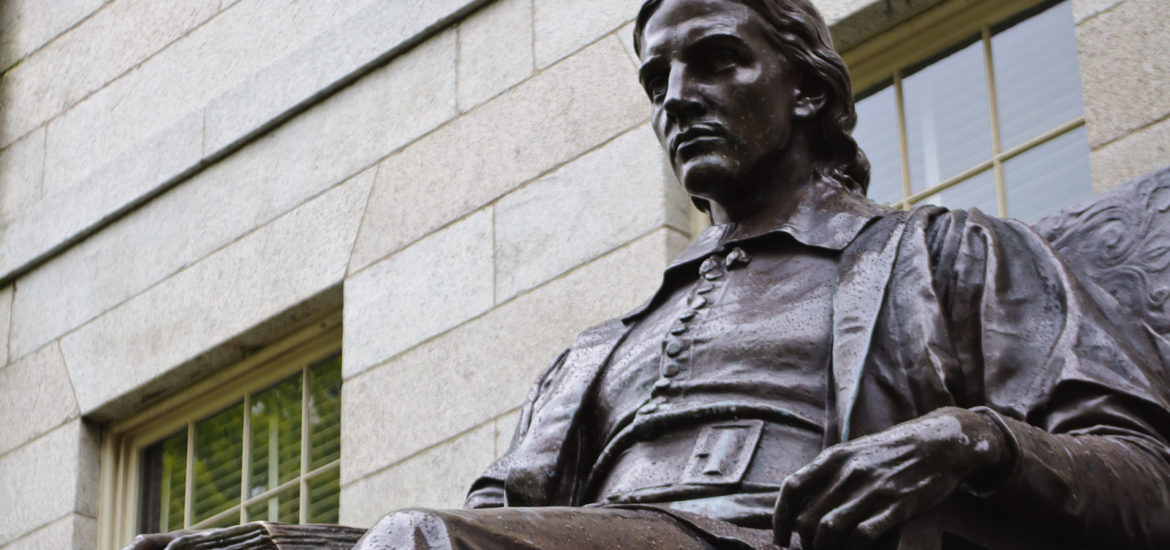During the last few weeks, the men’s soccer team at Harvard University has been under investigation for an offensive annual “scouting report” that has been going on since 2012. A recent article published by the Harvard Crimson says the Ivy Leaguer’s “report” is a 9-page document organizing Harvard’s female soccer players into rankings based on sexual appeal and hypothetical sex positions. As published in the school’s newspaper, Director of Harvard’s athletics program, Robert L Scalise says, “We’re not insulated from these types of things. Theses things exist in our society. Society hasn’t figured out a way to stop these things from happening.” It seemed like it would be just another instance of privileged athletes at a prestigious school getting away with predatory, offensive behavior. But after six Harvard women’s soccer players responded to the report in an op-ed published by the campus newspaper, Harvard University President Drew Gilpin Faust surprised advocates against rape culture when she canceled the remainder of the men’s season.
Harvard University’s decision to cancel its men’s soccer season while number one in the Ivy League has greater significance than a school simply reprimanding its students. Unlike many well-known universities gaining publicity for sexual assault incidents, such as Baylor or Stanford, Harvard’s decision confronted college athletics with a truth they’ve long tried to deny: sexual assault of any form is not a privilege. Within the past year, sexual assault has been examined across college campuses in order to provide a clearer picture of this life altering culture. The Washington Post reports that a 2014 analysis of federal data regarding sexual assault found the top 10 schools with the most rape reports. Topping the list is the University of Connecticut and Brown University with 43 total reports. The Ivy and “Public Ivy” institutions in the top 10 are Dartmouth with 42 reports, University of Virginia with 35, Harvard with 33, and Stanford with 26 total reports.
President Faust could potentially act as a catalyst for reforming the course of action other schools use to deal with their school’s rape culture. When Harvard’s female soccer players publically spoke out against the scouting report, Faust chose to treat the situation as an issue of safety affecting students rather than a PR nightmare for its Ivy League brand. The notion that a Division 1 college may care more about its female students than its reputation is a revelation that could encourage more women to come forward and report sexual assault. Too many times victims have been muted by the privilege of athletes, seen through the 2016 Brock Turner case or in 2013 when four UConn students filed a lawsuit against the university for its dismissive response to their sexual assaults allegations. Two of the UConn students claim the school continued to identify their sexual assailants as “athletes”.
In their response, “Stronger Together,” members of Harvard’s women’s team say “to the men of Harvard Soccer and any future men who lay claim to our bodies and choose to objectify us as sexual objects… ‘I can offer you my forgiveness, which is–and forever will be–the only part of me that you can ever claim as yours.’” Harvard used its own prestige to stand behind these women and in doing so stood behind women of all colleges and universities in the face of privilege.
by Abby Welles

